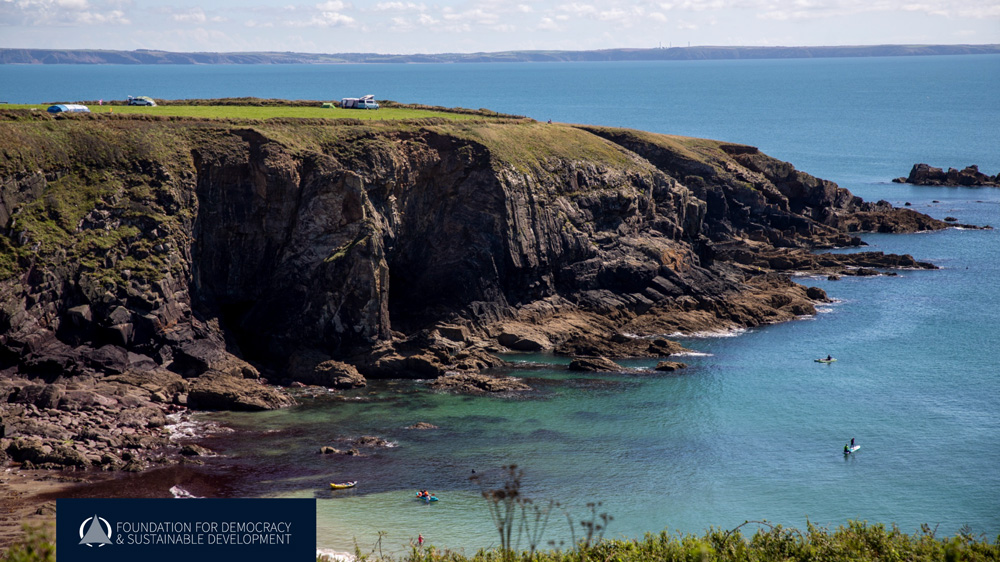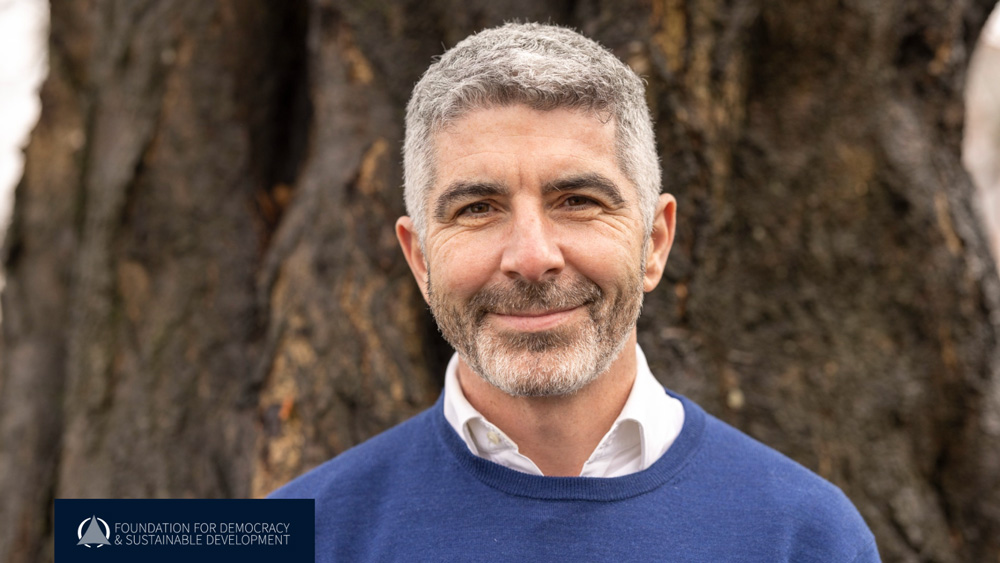 Climate Knowledge Brokers (CKB) Group is an emerging alliance of leading global, regional and national knowledge brokers specialising in climate and development information. They launched a Manifesto on September 17th 2015, to better acknowledge the critical role of people who synthesise, filter or translate climate-related information in enabling the best possible decisions to be made, whether by governments, individuals, or businesses.
Climate Knowledge Brokers (CKB) Group is an emerging alliance of leading global, regional and national knowledge brokers specialising in climate and development information. They launched a Manifesto on September 17th 2015, to better acknowledge the critical role of people who synthesise, filter or translate climate-related information in enabling the best possible decisions to be made, whether by governments, individuals, or businesses.
“The Climate Knowledge Brokers Manifesto was developed in a collaborative process with the vision of a world in which people make climate sensitive decisions fully informed by the best available climate knowledge. It explains that users of climate-related knowledge require access to information that is tailored to a myriad of specific circumstances, and the essential role climate knowledge brokers play in delivering this. It is only through collaboration that climate knowledge brokers will meet this complexity of user needs effectively.”
James Smith of REEEP, a non-profit advancing markets for clean energy in developing countries, and one of the backers of the Manifesto, believes that: “We are all going to become climate knowledge brokers to a certain extent because more and more of us, and probably everyone, are going to have to pay attention to the changing climate in the way that they make their decisions.”
He believes climate “is a perfect example of where we should be pooling knowledge rather than guarding it for narrow financial or political gain.” The rapidly increasing amount and quality of information, as well as related platforms, are “enabling a richer conversation” and hence more deliberative democracy. But that you need knowledge brokers to make sense of it all and more collaboration between information-holders.
Asked about the relationship of such knowledge and democratic decision-making, he used the example of David McKay’s arguments in Sustainable Energy without the Hot Air – which set out scenarios for different variations of technology, and energy efficiency levels from which politics can make the best decisions to balance interests.
However, it is not all about expert knowledge. “There were quite a few comments in our interviews, particularly from the least developed countries, about information which is not being recorded such as how people in the past responded to drought or flood. It is still oral history and not sufficiently contexutalised with science information.” He also pointed to a the International Research Institute on Environment and Society at Columbia University who had worked with other partners in West Africa to provide weather-related insurance through a very participative process to design what works. It involves very low income people.
You can read the full transcript of the interview with James Smith, Strategic Consultant and Community Facilitator for REEEP.



